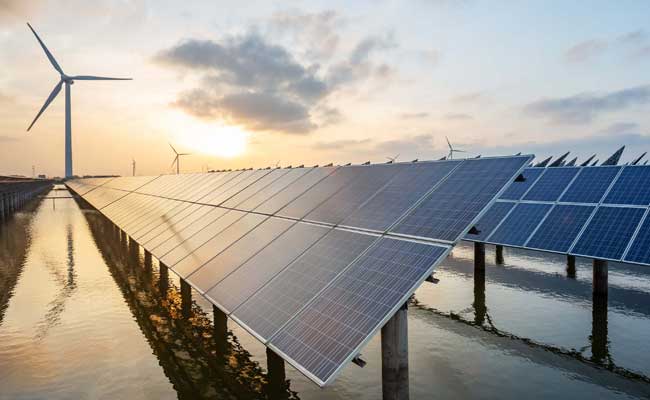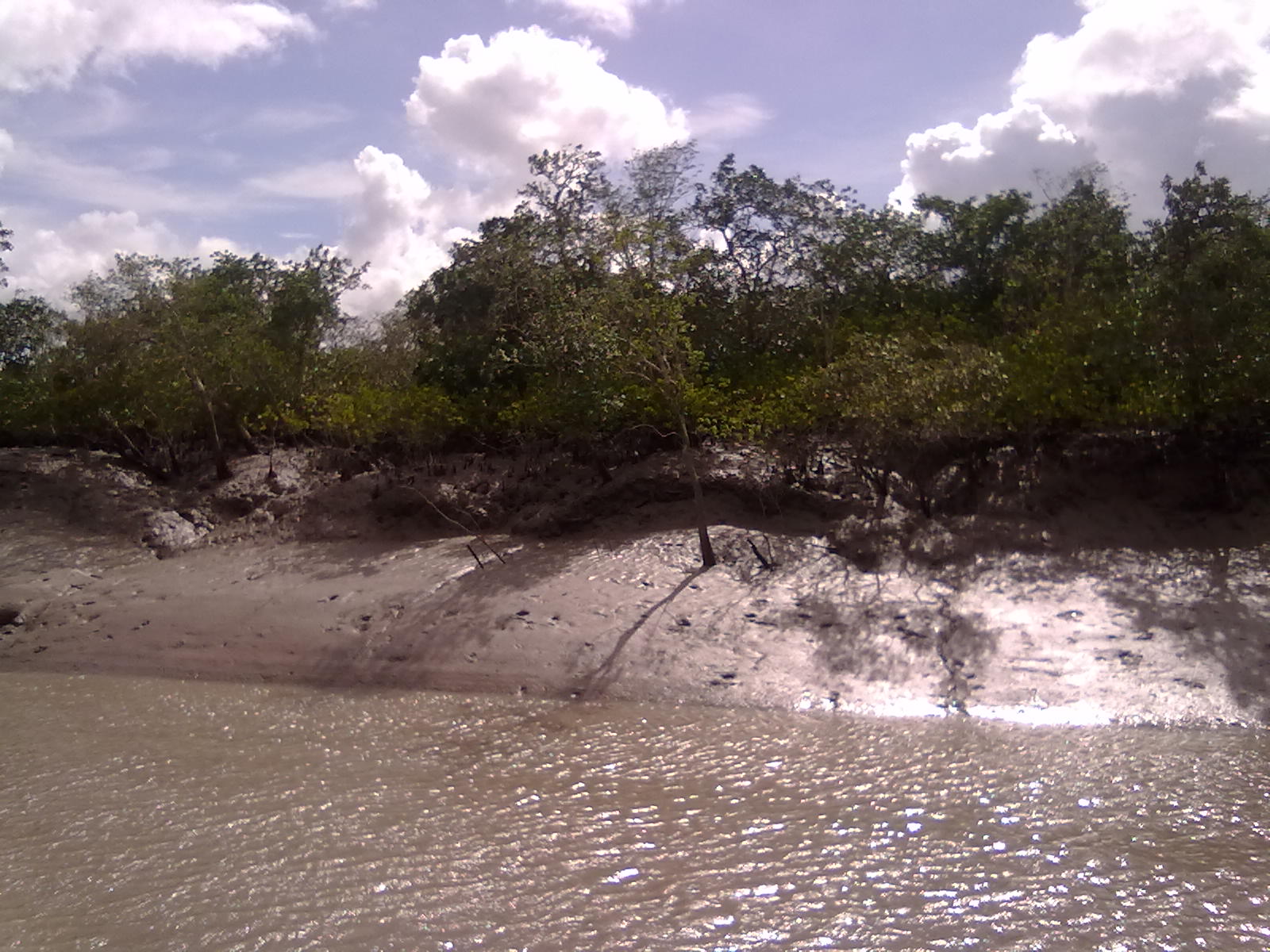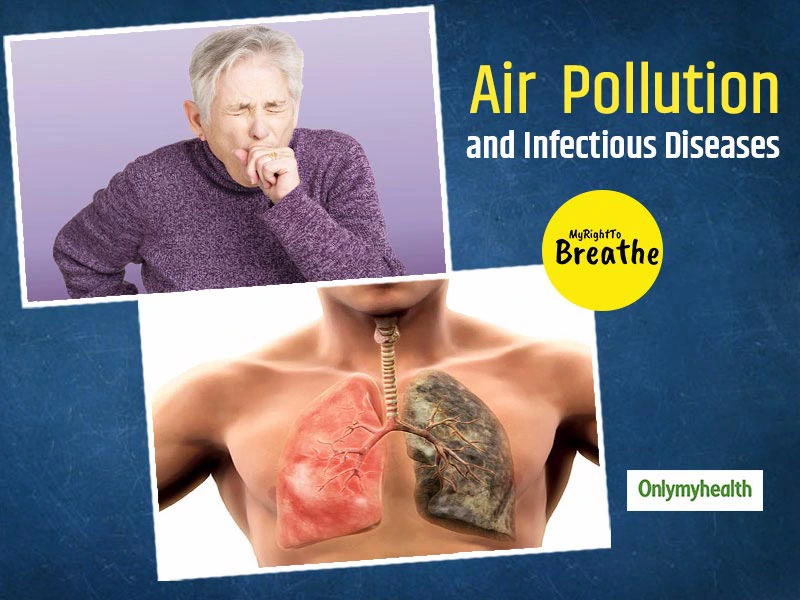Climate Change: The Impact on Nature and the Environment
Climate change is one of the most significant challenges facing our planet today. It is caused by the increase of greenhouse gases in the atmosphere, primarily carbon dioxide emitted from human activities like burning fossil fuels and deforestation. Climate change has significant impacts on nature and the environment, affecting everything from plant and animal species to entire ecosystems. In this article, we will discuss the impact of climate change on nature and the environment.
Changes in Temperature and Precipitation:
One of the most significant impacts of climate change on nature and the environment is the increase in temperatures and changes in precipitation patterns. Higher temperatures can cause heat stress for plants and animals, leading to reduced growth rates and reproductive success. Changes in precipitation patterns can cause droughts, floods, and other extreme weather events, leading to a loss of biodiversity and damage to ecosystems.
Sea Level Rise:
Another significant impact of climate change is the rise in sea levels due to melting glaciers and polar ice caps. This rise in sea levels can lead to the loss of coastal habitats and the flooding of low-lying areas, including densely populated cities. It can also result in the displacement of people and a loss of biodiversity in coastal ecosystems.
Changes in Ecosystems:
Climate change is causing significant changes in ecosystems, with many species unable to adapt to the rapidly changing conditions. In some areas, plant and animal species are shifting their ranges to find more suitable habitats, while in other areas, entire ecosystems are collapsing. For example, coral reefs are being destroyed by rising ocean temperatures and acidification, which could lead to a loss of marine biodiversity.
Threats to Wildlife:
Climate change is also posing a significant threat to wildlife, with many species facing extinction due to changing climate conditions. For example, polar bears are facing a loss of habitat as the Arctic sea ice melts, and penguins are facing declines in food availability as their prey moves further away from their breeding colonies. This loss of biodiversity can have significant impacts on the functioning of ecosystems and the services they provide to humans.
Effects on Agriculture:
Climate change is affecting agriculture in various ways, with changing temperatures and precipitation patterns leading to crop failures and reduced yields. Extreme weather events, such as floods and droughts, can also damage crops and infrastructure, leading to economic losses and food shortages. The impacts of climate change on agriculture can have significant consequences for food security and the livelihoods of millions of people around the world.
Mitigating the Impacts of Climate Change:
To mitigate the impacts of climate change on nature and the environment, it is essential to reduce greenhouse gas emissions and adopt strategies for adaptation. This can involve reducing our dependence on fossil fuels, increasing the use of renewable energy sources, and improving energy efficiency. It can also involve implementing policies to protect natural habitats and ecosystems and promoting sustainable land use practices.
Adaptation measures can include designing infrastructure and buildings to withstand extreme weather events, developing drought-resistant crops and irrigation systems, and protecting and restoring natural ecosystems to increase their resilience to climate change.
Conclusion:
Climate change is having a significant impact on nature and the environment, with changes in temperature and precipitation patterns, rising sea levels, and the collapse of ecosystems leading to the loss of biodiversity and a threat to human livelihoods. Mitigating the impacts of climate change will require collective action, including reducing greenhouse gas emissions and adopting strategies for adaptation. By working together to address this global challenge, we can help protect our planet and ensure a sustainable future for generations to come.
![]()





